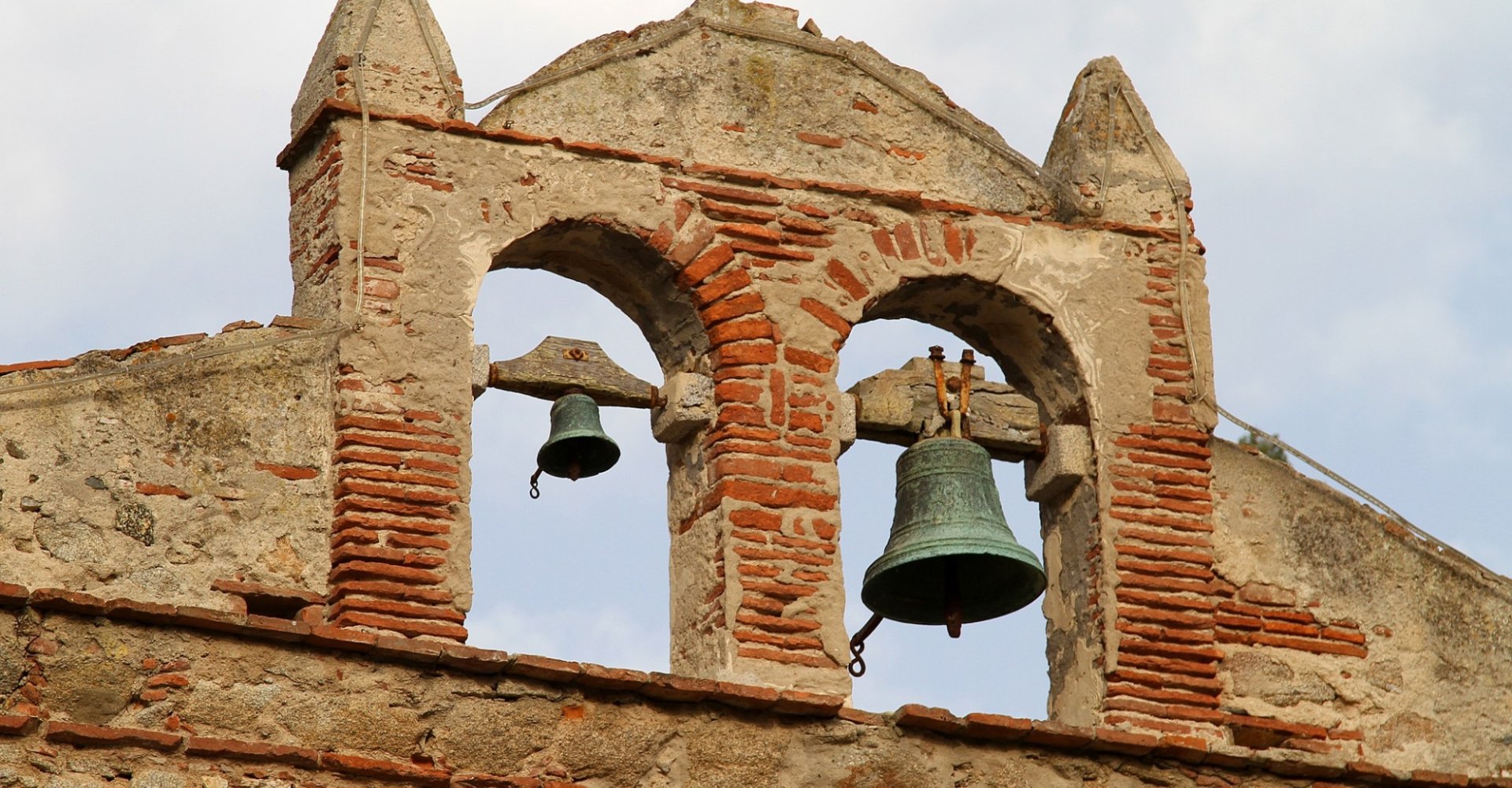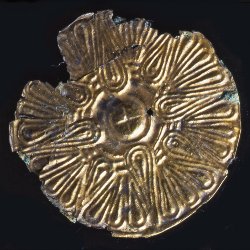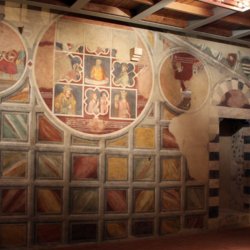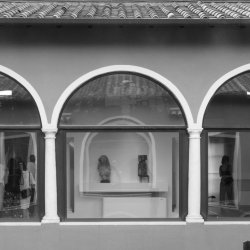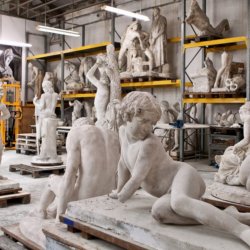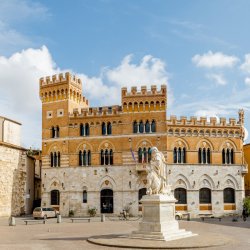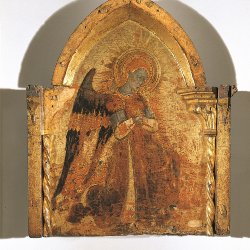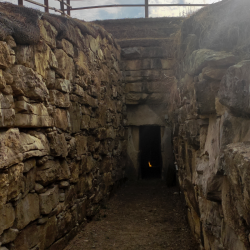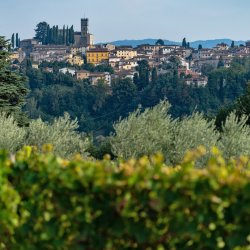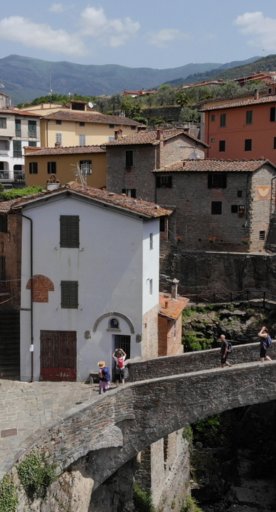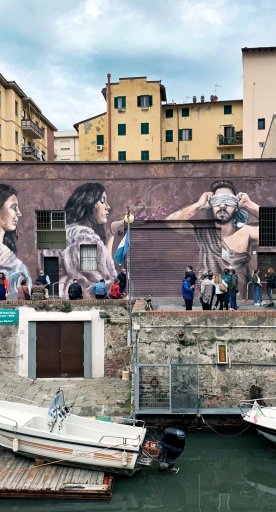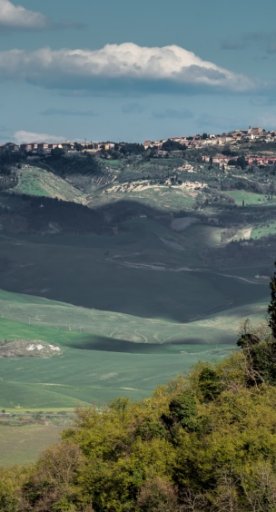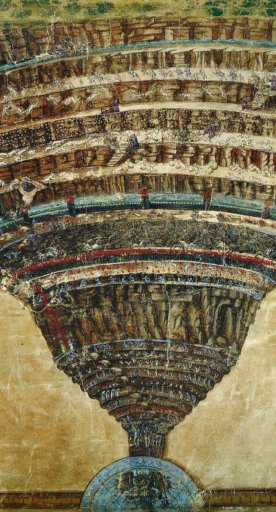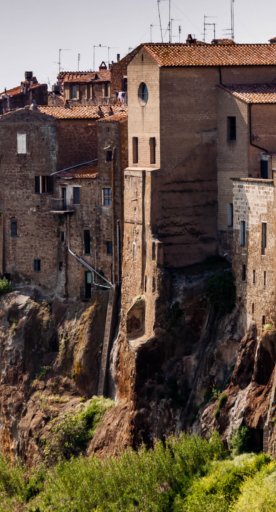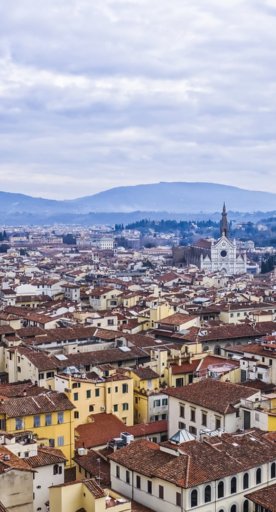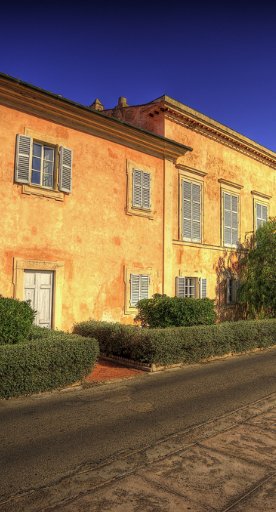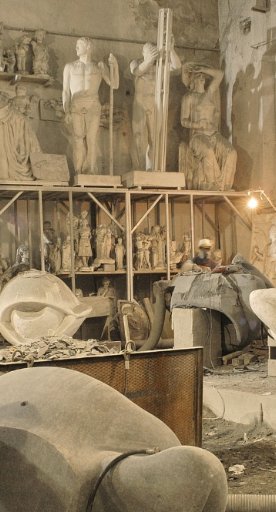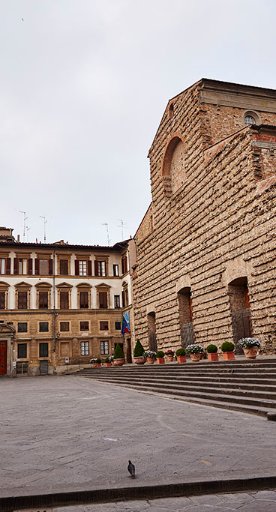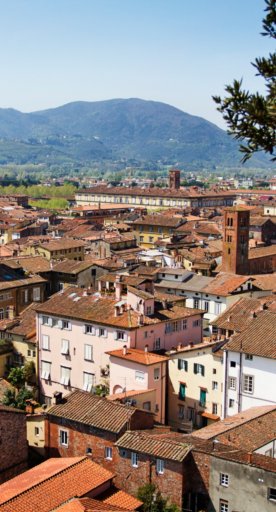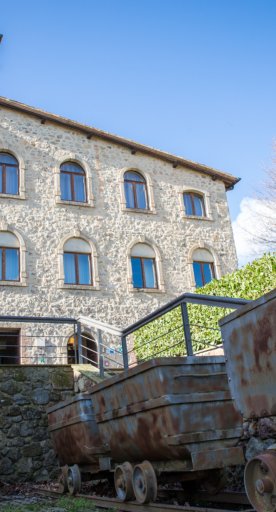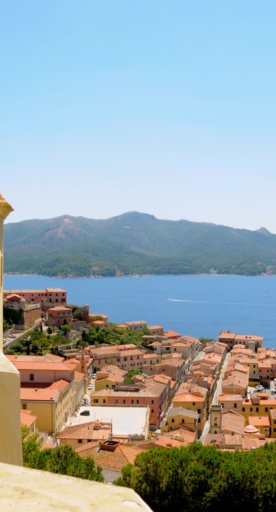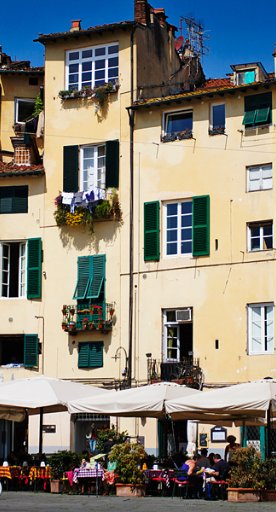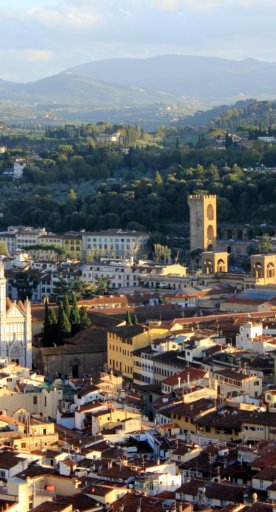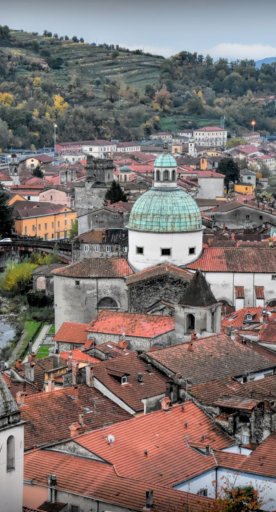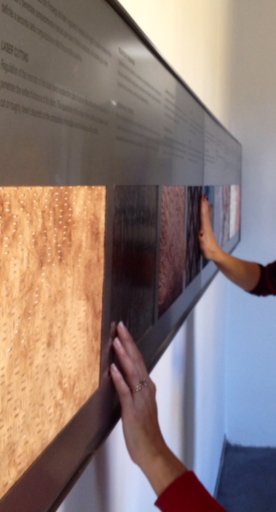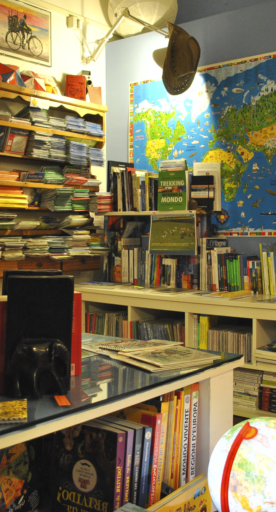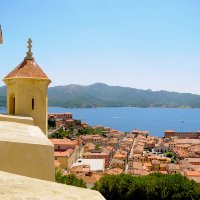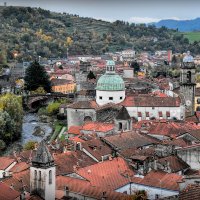Discovering the Romanesque churches of the Island of Elba
An unprecedented itinerary among the Romanesque churches of the Tuscan Archipelago
A vacation on Elba Island is always a great idea: in summer, the perfect itinerary winds through coves that overlook the sea and characteristic events in the most picturesque villages; in the fall and winter periods, on the other hand, it is pleasant to go hiking in the hills and vineyards of Aleatico.
For those looking for an alternative idea to discover the island, however, there is also another type of travel, by walking the paths that lead to Romanesque parish churches, simple and sober examples of historic architecture.
These ancient churches are all characterized by a similar structure: a single nave, a semicircular apse facing east, a few single-lancet windows and small bell gables.
Many of them, long abandoned, preserve evocative roofless walls, precious little treasure chests from which an extraordinary piece of blue sky can be admired.
-
1.Parish Church of Saint Giovanni in Campo
-
2.Parish Church of Saint Stefano
-
3.Parish Church of Saint Michele
-
4.Parish Church of Saint Lorenzo
-
5.Church of Saints Pietro and Paolo in Campo
Parish Church of Saint Giovanni in Campo
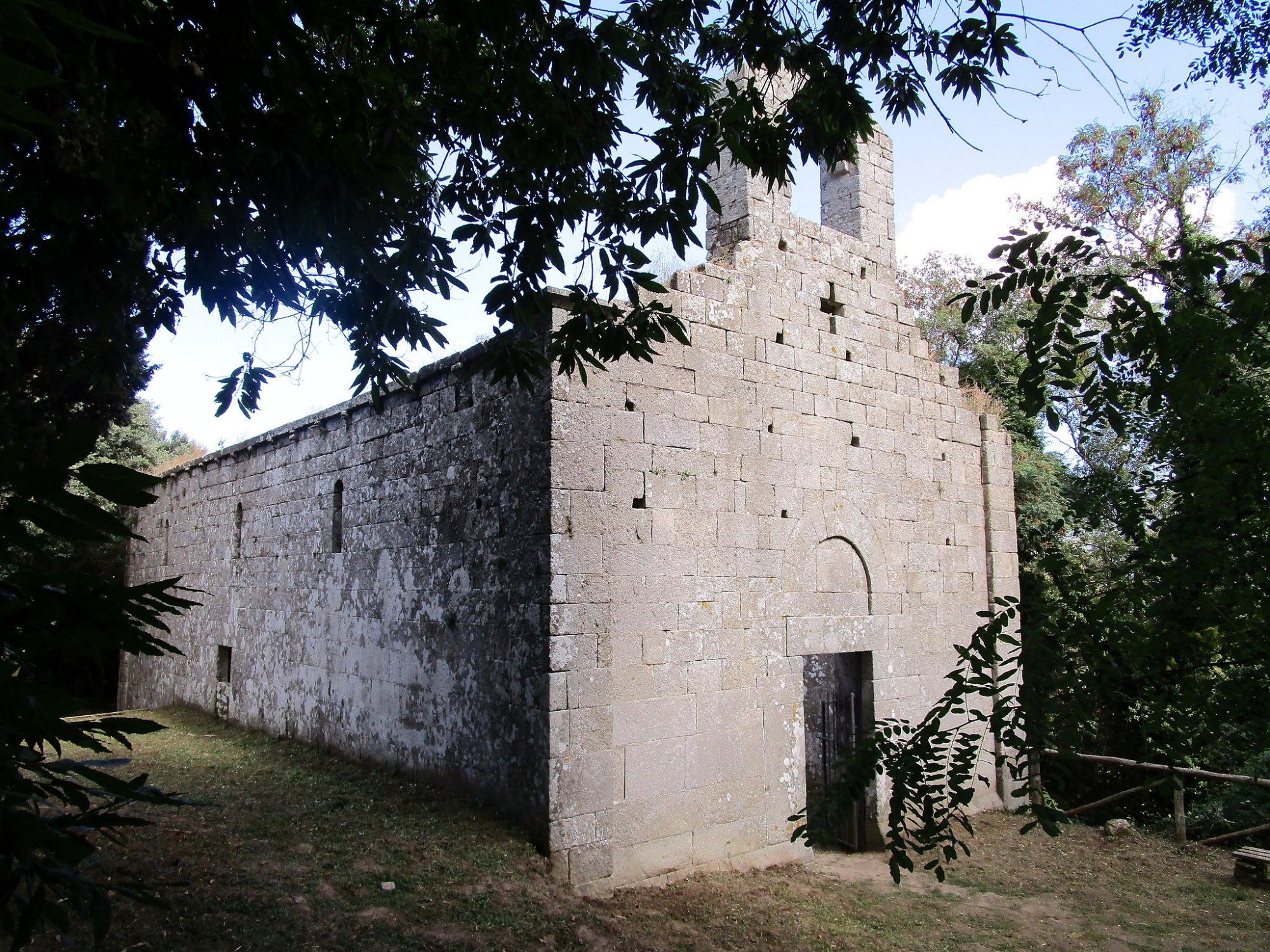
The Parish Church of Saint Giovanni in Campo is the largest Romanesque church among those on the island.
Built, as usual, outside the town, the church is located along the road leading to Mount Perone, in the municipality of Campo nell'Elba.
In this building, dating back to the second half of the 12th century, we find all the typical forms of Romanesque churches: a single rectangular nave, semicircular apse, entrance portal surmounted by a small Greek-cross window and a bell gable.
The roof is no longer visible today, while leaning against the southern flank of the parish are the ruins of what must have been a small hermitage.
Parish Church of Saint Stefano
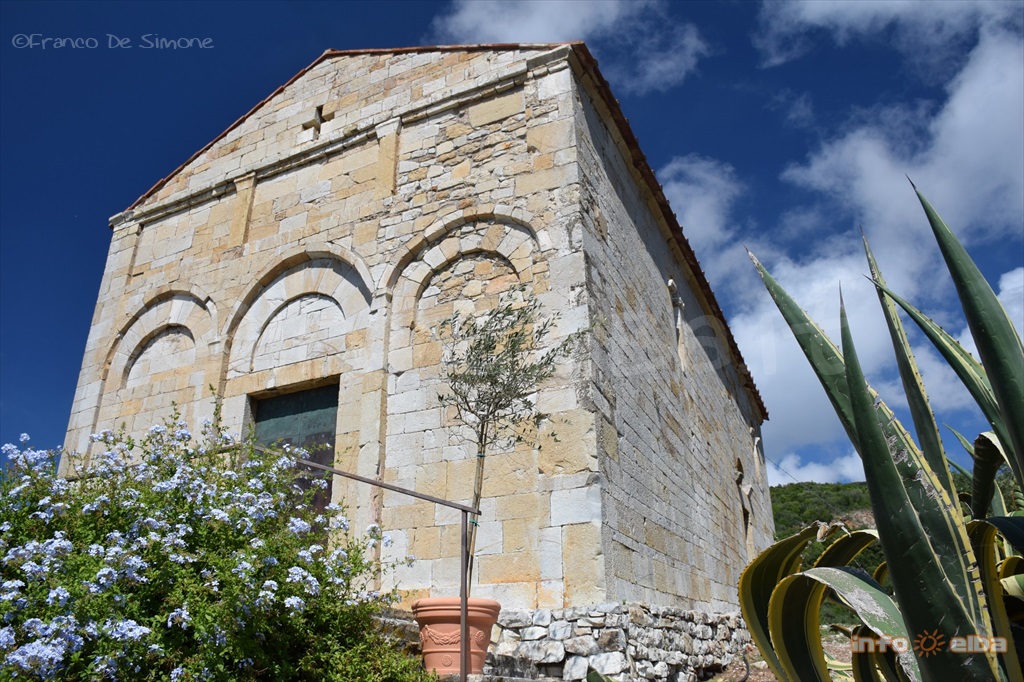
The Church of Saint Stefano alle Trane currently constitutes the most remarkable example of Romanesque religious architecture on the Island of Elba, as attested by archaeological finds from Roman times that have occurred in the vicinity.
The building dates from the second half of the 12th century and has an accurate filaretti (string courses) masonry facing of alberese stone in ivory color. It has a single apsidal nave, once covered with wooden trusses.
The church is located in Portoferraio - at Magazzini - and is the only Romanesque parish church still used as a place of worship.
Parish Church of Saint Michele
The structure echoes that of other Romanesque churches: notable are the stylistic and structural affinities with the parish church of St. Giovanni in Campo.
The wall covering, both outside and inside, is made of rows of granite drafts of decreasing size towards the top.
At the apex of the facade, the church retains the remains - two pillars - of a mighty bell gable.
Parish Church of Saint Lorenzo
The ancient Parish Church of Saint Lorenzo dates from the 12th century and has all the characteristics of Romanesque architecture, as well as many stylistic and structural affinities with the parish church of St. Giovanni in Campo.
Now without a roof, it retains its perimeter walls: the peculiarity of this building is precisely the length of these side walls that form an irregular plan.
The bell gable has also lost its original arched crowning.
The parish church of St. Lorenzo is located along the road that connects Marciana Marina with Marciana.
Church of Saints Pietro and Paolo in Campo
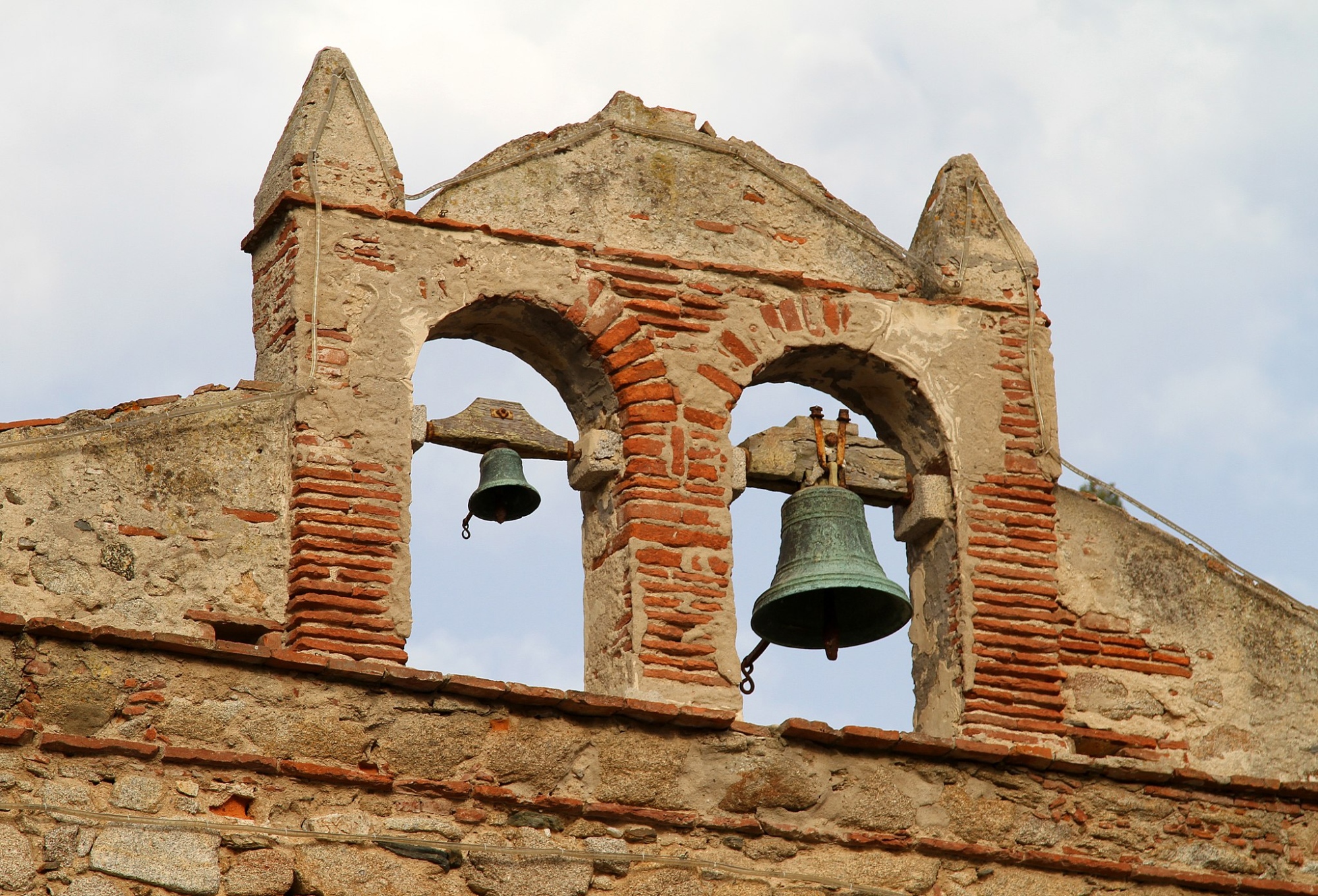
In San Piero, the Church of Saints Pietro and Paolo in Campo constitutes a significant example of a Romanesque-era religious building on Elba. The characteristics of the church lead one to date it to the last years of the 12th century or, perhaps, the beginning of the 13th century.
Of particular interest is the unique iconographic scheme of the building, which is divided into two apsidal naves.
